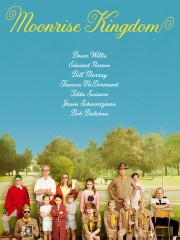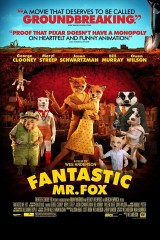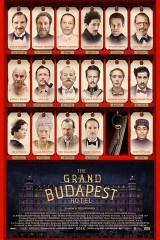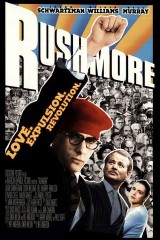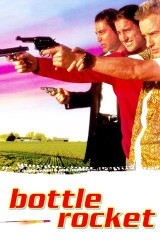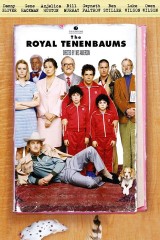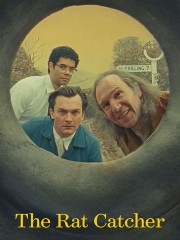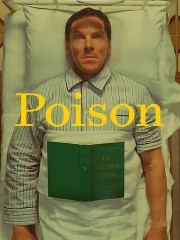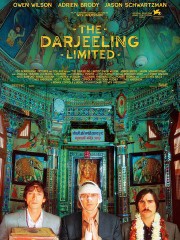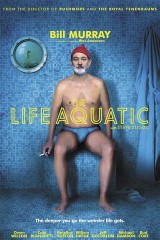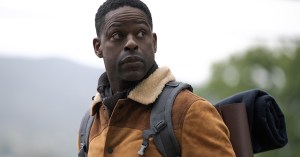16 Wes Anderson Movies (The Phoenician Scheme), Ranked by Tomatometer
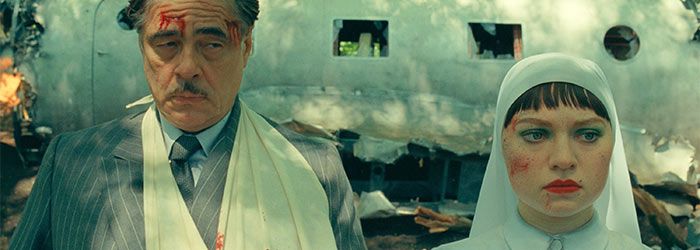
(Photo by Focus / courtesy Everett Collection. THE PHOENICIAN SCHEME.)
The latest: The Phonecian Scheme is Anderson’s seventh Certified Fresh feature film in a row, the streak starting with 2009’s Fantastic Mr. Fox.
Texas played its part in the revolution of ’90s American independent cinema. Dazed and Confused put Richard Linklater and Austin on the map. John Sayles made his most thrilling movie there, the neo-Western Lone Star. And emerging from Houston with an offbeat crime-caper was Wes Anderson. Bottle Rocket fizzled at the box office, but it was a crucial calling card for the director and his band of collaborators, like actors Owen and Luke Wilson, and cinematographer Robert Yeoman. And when Martin Scorsese compares your debut to the likes of McCarey and Renoir, you’re probably gonna get another chance in the industry. Bill Murray signing up for Anderson’s second feature, Rushmore, elevated the movie’s stature and release, and introduced Bill’s re-invention as the Melancholy Murray.
Bottle Rocket and Rushmore‘s growing reputations, and Anderson’s own as a modern auteur, generated significant hype for his third film, The Royal Tenenbaums. With its star-studded ensemble cast, the multigenerational comedy-epic would be Anderson’s highest box office earner until Grand Budapest Hotel, and got him into the Academy’s good graces with a Best Screenplay Oscar nomination. Tenenbaums also represents the point Anderson took total command of his craft: Whereas his quirky sensibilities and measured shot compositions enhanced the real-world settings of his first two films, from Tenebaums on that ‘quirk’ would represent all points of reality in his work. Watching an Anderson movie means escaping into a medley of ornate sets, clean lines and angles, impeccable blocking, precisely-picked pop music, and curious dialogue and action.
That was certainly the case for next feature The Life Aquatic With Steve Zissou, where Anderson was gifted $50 million and carte blanche to shoot whatever he wanted. Which, of course, meant building your own ship, shooting on choppy sea waters and at the famed Cinecittà Studios in Rome, and hiring Henry Selick to animate seahorses. Life Aquatic bombed at the box office and critics were iffy on the slack pacing, but audiences have since boosted up Steve as fashion icon and man of action whilst mired in Millennial malaise.
The Darjeeling Limited is mostly a minor entry, bordering on self-parody as his style continued to wallop character and story. When it was announced Anderson’s next project would be a stop-motion animated movie based on a Roald Dahl story, it was almost too perfectly, eye-rollingly twee. But like knocking out the cedar stick at Whackbat, Fantastic Mr. Fox was a jubilant, all-ages success. Anderson stayed young at heart with Moonrise Kingdom, an intimate adventure of first love and organized scouting, which drew the best reviews of his career and his first significant grosser in a decade.
That would all be topped with his arguable masterpiece, The Grand Budapest Hotel, a dizzying trip through alternate history, meta-fiction, shootouts, and Renaissance paintings, and one very pretty building. It earned Anderson another Best Screenplay Oscar nomination, his first nomination for Best Director, and the film won for Original Score, Editing, Production, and Costume. After four years, his longest gap between films, he put out another stop-motion film, the dystopian, Japan-set Isle of Dogs, which was nominated for Best Animated Feature.


